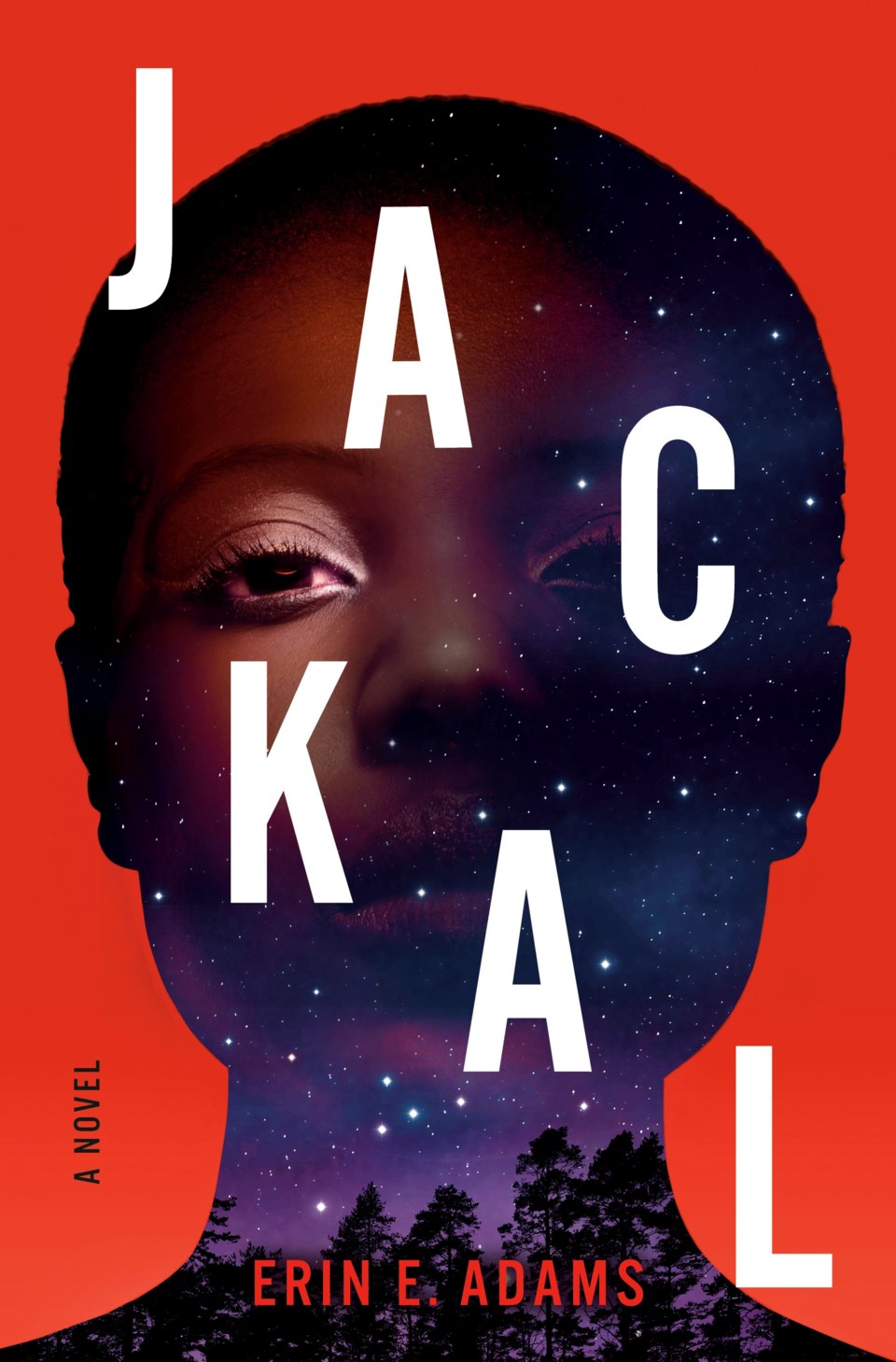āJackalā by Erin E. Adams (Bantam)
Something sinister lurks in the woods enveloping the fading industrial town of Johnstown, Pennsylvania. If you sense its presence, parents warn their children, āDonāt look.ā If you do, the myth will become real.
Liz Rocher knows thereās something to it. When she was a child, one of her friends disappeared, only to be found with her organs removed. When Liz was old enough, she moved away. But now, as Erin E. Adamsā novel āJackalā opens, Liz reluctantly returns to attend a friendās wedding.
Being a Black female in Johnstown ā and in America ā is fraught with peril, Liz knows. As she puts it, āYour beauty is denied but replicated. Your sexuality is controlled but desired. You take up too much space, but if you are too small, you are ripped apart.ā
At the wedding, another Black girl ventures into the woods and vanishes. To Liz, the circumstances are horrifyingly similar to the loss of her childhood friend. Gradually, she discovers that local Black girls have gone missing, one every June, for generations ā police always dismissing the incidents as runaways or animal attacks.
The first half of āJackalā unfolds as a criminal investigation, but the novel slowly morphs into a gothic horror story. The monster in the woods is all too real.
The author grew up in Johnstown, one of only three Black children in her school. As she recently put it, āIāve lived with this story all my life.ā She infuses her tale with the tragic history of the place. In 1889, a dam burst, killing more than 2,200 people, most of them Black and poor whites who lived near the river. Three decades later, about 2,000 people of color fled the area after the mayor ordered them out.
āJackalā is a terrifying tale of the fears and hatreds generated by racism and class inequality ā and of the monsters these fears and hatreds have created. The novel shares the sensibilities of Jordan Peeleās film āGet Out,ā but Adams brings to it a depth possible only in books.
Although this is the authorās first novel, it is an extraordinary achievement. Her prose is exquisite, portraying characters and settings with a painterās eye and the lyricism of a poet. For the most part, she tells her propulsive story without preaching, but in the end she allows Liz to nail the point home:
āEveryone in this townāthis countryāis so afraid of the other, whoever the āotherā is today. If thereās one thing fear can do, itās make a beast out of a shadow. It turns us all into monsters. The enemy of the shadow isnāt light. Itās sight.ā
In other words, if someone says āDonāt look,ā donāt listen.
___
winner of the Mystery Writers of Americaās Edgar Award, is the author of the Mulligan crime novels including āThe Dread Line.ā
Bruce Desilva, The Associated Press


